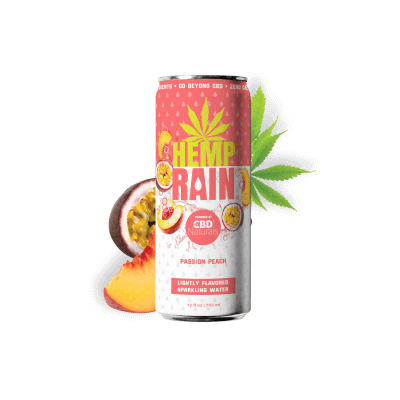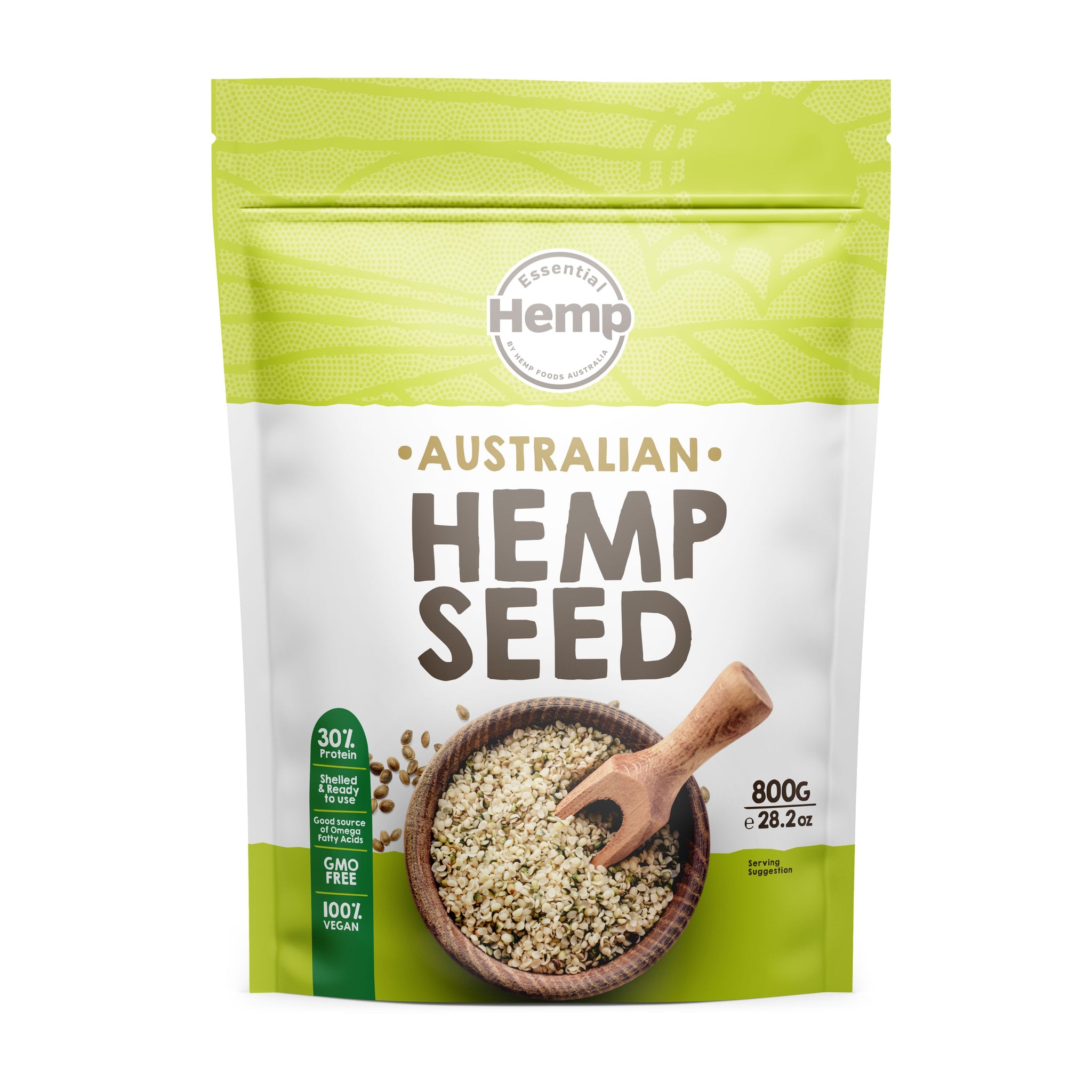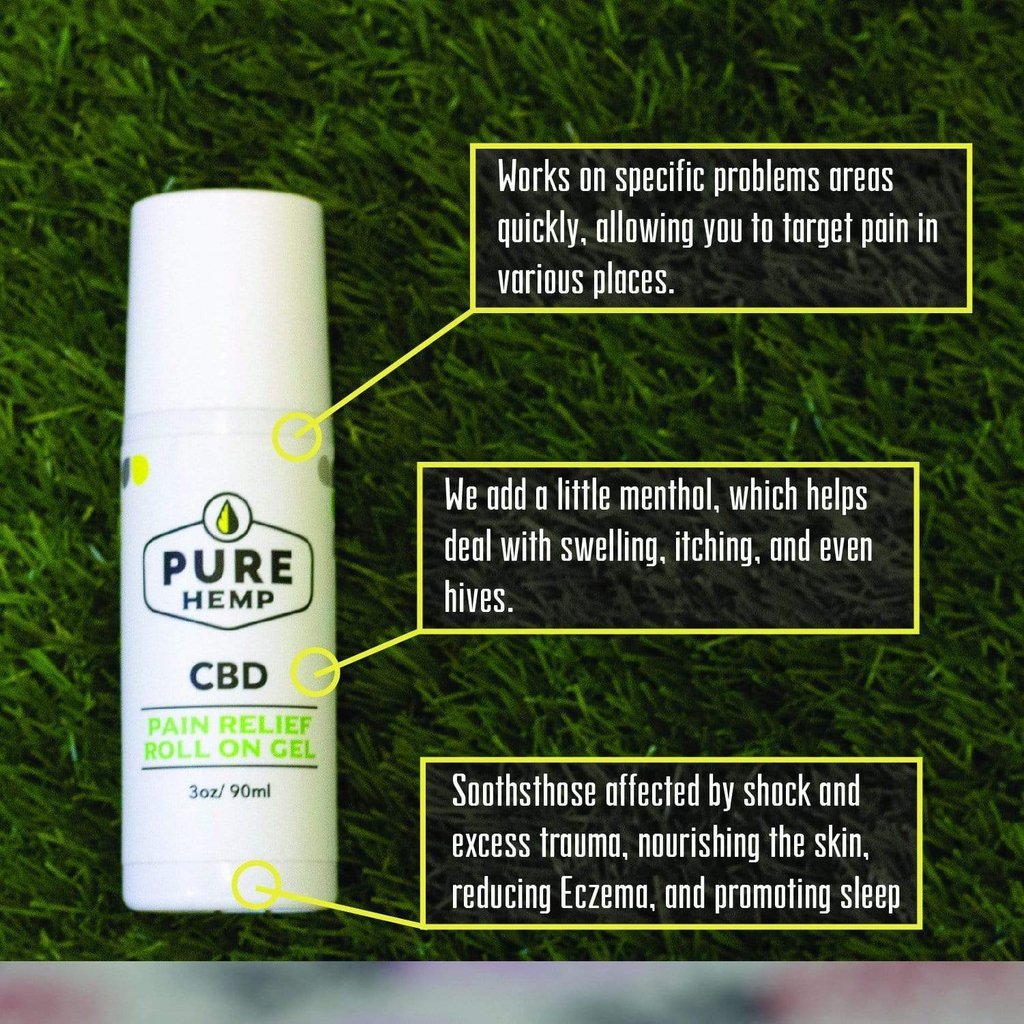
Cannabichromene, a phytocannabinoid that has many health benefits, is what you should be familiar with. This phytocannabinoid may be responsible for the pain-killing effect of cannabis. This article will explore some of the recent research about this compound as well as its potential benefits. It can be used to promote neurogenesis and fight cancer.
Cannabichromene is a phytocannabinoid
Cannabichromene, a non-toxic, plant-based phytocannabinoid has been gaining much attention in recent times. Although it was first discovered in 1966, it has unique medical benefits. It is part of the plant's aerial parts such as its leaves and flowers. Cannabichromene, like other cannabinoids is made from cannabigerolic acids, which is the mother of all cannabinoids.

It interacts well with cannabinoid receptors
It is essential to study the cannabichromenes found in cannabis in order to fully understand the polypharmacology and physiology of cannabinoid receptors. These phytomolecules can differ in their receptor affinity as well as ligand bias and activities. We have done in vitro research to study the effects of cannabinoids derived from plants and those that are endogenous.
It combats cancer
Cannabichromene, also known as CBC, has been proven to be a powerful anticancer ingredient. This compound is produced from the cannabis plant and converts to cannabichromene carboxylic acid (CBC) when it passes through the enzyme CBC synthase. Research has also shown that CBC may have mild to moderate antibacterial or antifungal properties. Further, it has been shown to inhibit tumor angiogenesis.
It promotes neuralgenesis
Cannabichromene is one of the main non-psychoactive cannabis cannabinoids. It's also known as CBC. It stimulates neurogenesis which is essential for brain growth. Although it is beneficial in the formation of new brain cell, neurogenesis decreases with age. So, by stimulating neurogenesis, marijuana may help regenerate the cells that are necessary for cognitive function. Cannabichromene is a neuroprotective agent that can help regenerate brain cells.

It has potential medical uses
Cannabichromene is a chemical found in cannabis. It can be used in a variety of medical applications, including anti-acne properties. It is extremely pure at 95%. In laboratory studies, CBC exhibited potent anti-inflammatory properties. It was able to reduce inflammation in the sebaceous glands and lower arachidonic, which is essential for lipogenesis. Although CBC is thought to be an anti-acne treatment it is still under investigation.
FAQ
Is the CBD market growing?
The answer is yes! And this growth is expected to continue into the future as legalization spreads across North America. This year alone, Canada legalized recreational cannabis use, while several states have passed medical marijuana laws.
This trend is expected to continue for at most another decade, as more states pass legislation that allows access to medical marijuana.
The legalization of marijuana also makes sense from an economic perspective. Legalizing marijuana has many other benefits.
For example, it could help reduce crime rates by reducing the availability of illegal drugs. It could also generate tax revenue for the government.
As legal marijuana is more popular, people may be less likely to smoke. This would mean fewer hangovers and lower health care costs.
Patients with chronic pain might find that marijuana actually helps to improve their quality-of-life. Many believe that THC, which is the active ingredient of marijuana, can help relieve muscle spasms and nausea from chemotherapy.
It is possible that marijuana could be used to treat mental disorders such as anxiety or depression. Some studies show that marijuana can even be used to treat schizophrenia.
The future is bright for CBD, but there are still many challenges ahead.
Is there any evidence CBD has anxiety-reducing properties?
CBD oil works well to reduce anxiety. This is because it interacts directly with CB1 or CB2 brain receptors. The endocannabinoid system regulates mood and stress responses.
CB1 receptor activation occurs when our bodies feel anxious. This receptor activates and sends signals to amygdala which is responsible for emotional processing.
When the CB1 receptor blockage occurs, the amygdala is unable to receive the signal necessary for processing emotions. People who use CBD have fewer negative emotions.
2017 research showed that CBD has been shown to reduce anxiety in those suffering from socialphobia. Another study concluded that CBD had a positive effect on symptoms of PTSD.
A 2018 study concluded that CBD can be used to treat anxiety disorders and anxiolytic effects.
Another study concluded that CBD may help with panic attacks.
Multiple studies have proven that CBD can actually increase anxiety levels in mice.
Researchers believe this discrepancy in animal data and human data could be due to differences between humans and dogs' responses to CBD.
CBD has not undergone any safety studies. Experts agree that CBD is safe when taken as directed.
What is the size of the global CBD market?
Euromonitor International estimated that the global CBD industry was worth $US3.5 billion in 2015. This is more than 10% higher than 2014
The report projects that this figure will reach $US6.4 billion by 2020. This represents an average annual growth rate 12%.
CBD products are expected to account for around half of all hemp-derived products sold globally by 2020.
This includes CBD oils.
What are the most common mistakes companies make when they try to enter the US market for cannabinoid products?
Uncertainty about the regulations for cannabis products is the first mistake. This could be a sign that your product formulation needs to be changed.
Unskilled labeling is the second. You need to know if your product contains THC, CBD, or both.
Third, it is important to understand how to properly package your product. If your product contains THC you should ensure that it's packaged in child-resistant containers.
Even if your product doesn't contain THC, you must still comply with all packaging laws. There are many states in which cannabidiol is legal.
Remember to keep track of any recalls for your products. If there is a problem with your product, it is important that you inform customers as quickly as possible.
Statistics
- A recent systematic review of human trials also reported that individuals with epilepsy receiving CBD (5–20 mg·kg−1·day−1) were more likely to experience decreased appetite than those receiving placebo (i.e., ~20 vs. 5% of patients) (ncbi.nlm.nih.gov)
- CBD seems unlikely to directly influence sleep in healthy humans [115] (and maybe “sleep-promoting” in those with certain comorbid conditions) (ncbi.nlm.nih.gov)
- The use of these products is likely to become even more widespread if the World Health Organization's recommendation that CBD no longer is scheduled in the international drug control conventions is adopted by the United Nations member states [201]. (ncbi.nlm.nih.gov)
- OralWhere HED is the human equivalent dose, and Km is a correction factor estimated by dividing the average body mass (BM) of the species (60, 0.020, and 0.150 kg for 11 humans, mice, and rats, respectively) and by its surface area (see: Nair et al. (ncbi.nlm.nih.gov)
- HR −16 mmHg; 95% CI −26, −6; I2 = 92%) (ncbi.nlm.nih.gov)
External Links
How To
What are the issues that the CBD industry faces?
The current market for CBD products is growing at an incredible rate. But, businesses who want to enter this market still face numerous challenges. These include lack of consumer awareness and high costs of entry, limited capital access, and regulatory uncertainty.
Many people don't know much about CBD or how it works. They are unable to make an informed decision about buying CBD products.
CBD companies are heavily dependent on word-of–mouth marketing. This is costly because they have to pay for advertising and hire staff to promote their brand.
The high production costs are another issue that new entrants to the CBD industry face. CBD products can be very costly because of the cost of the raw materials. CBD oil can only be made if hemp is grown in the right climate and soil conditions.
For CBD oil to be produced, you need to plant enough hemp. This costs about $1,000 an acre. As a result, many small farmers cannot afford to start.
A lack of capital access is another problem that CBD market newcomers face. Banks discourage many people from starting a business because of the stigma attached to this industry.
There is also regulatory uncertainty around the sale of CBD products. There are currently no clear guidelines regarding how CBD products should be marketed.
While some states have passed legislation restricting CBD products' sale, it has not been adopted as a national policy.
So far, only two states - Maine and Nevada - have legalized recreational marijuana.
However, some states like Massachusetts and Michigan are considering similar measures.
These changes could result in increased competition between CBD manufacturer.
Many entrepreneurs prefer to work at home over starting a business.